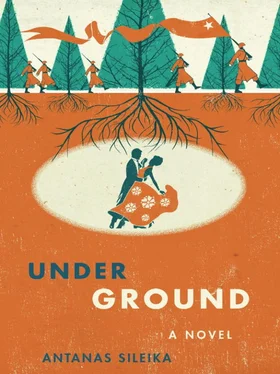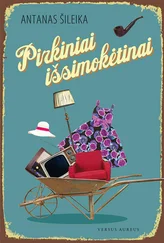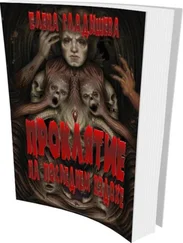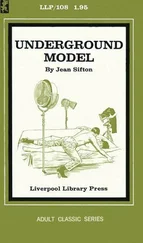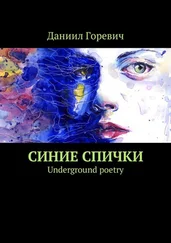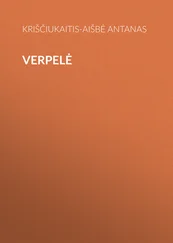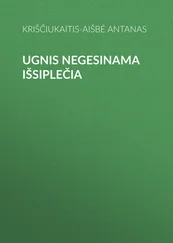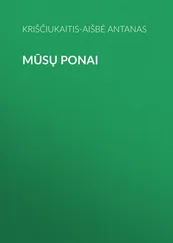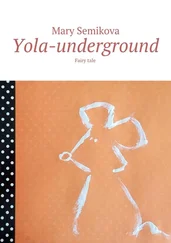Antanas Sileika
UNDERGROUND
A NOVEL
There was, I knew, blood beneath the verdure and tombs in the deep glades of oak and fir. The fields and forests and rivers had seen war and terror, elation and desperation; death and resurrection; Lithuanian kings and Teutonic knights, partisans and Jews; Nazi Gestapo and Stalinist NKVD. It is a haunted land where greatcoat buttons from six generations of fallen soldiers can be discovered lying amidst the woodland ferns.
—SIMON SCHAMA,
Landscape and Memory
AN ILL-DEFINED BORDERLINE wavers somewhere around the middle of Europe; its precise location has not been stable over the decades. At present, on the far side of this boundary, the Eastern side, lies a zone where beer and hotels are cheaper than they are in the West, and so planeloads of young men travel there to drink, far from the eyes of wives and girlfriends. Indiscretions, transgressions and sometimes even crimes committed on the far side of this line don’t really count.
Once, the line was a metaphor called the Iron Curtain, and before that it followed a jagged course along the borders of countries freed from the Hapsburg and Czarist empires. Like the mythical town of Brigadoon, these countries appeared for only a short time between the wars, before they disappeared from memory for fifty years in 1940.
What followed was such a confusing war on that side of Europe! The war was much easier to understand in the West, where the forces of more or less good triumphed in May 1945. On the Eastern side, on the other hand, the messy side, the war sputtered on in pockets for another decade, fought by partisans who came out of their secret bunkers by night.
When that fighting finally ended, sullen resistance went more deeply underground, to be nurtured in memory, as well as buried in hidden archives below the earth or left to moulder in the files of the secret police, called the Cheka, where no one was ever likely to look. Aboveground lay a series of police states.
This place was somewhat quaint, yet so much more brutal than the West. It was a place where generations were mown down as soon as they were tall enough to meet the scythe. And yet many lives went on in their own way, even during the worst of the fighting.
On a cold, snowy April evening in 1946, in the Lithuanian provincial capital of Marijampole, an engagement party was taking place on the second storey of a wooden house with four flats, a house not far from the exquisite train station, where railway cars of goods and captives rumbled by eastward with great frequency.
When Lukas walked into the kitchen to get another bottle of vodka late that night, he found Elena with her back to him, leaning over the counter, her curly brown hair loose. He could see the tension in her shoulders, squared and stiff, as if braced for a blow. After a moment she turned and looked at him.
Elena’s brown eyes were very large, a little moist from the cigarette smoke in the flat. She wore a dark grey wool suit, her work clothes, with a natural linen blouse beneath the jacket and an amber pendant on a silver chain.
Behind her on the white ceramic counter lay two massive loaves of black bread, one of them almost finished, a large dish of herring and onions, the remains of a cooked goose, a ham and a string of sausages. Elena had worked hard to get her hands on so much food, rare in these postwar years, and the scent of it had helped to bring the seven distinguished guests.
The accordionist in the next room was playing a jaunty dance version of “J’ai Deux Amours,” a tune that Elena remembered from before the war. Her mother and father had danced to the recording in their house, the French doors open to the garden. It had been an anniversary or a name day, she couldn’t remember which.
It didn’t matter. Her mother was dead, her father gone, the house destroyed.
Looking into her eyes, Lukas realized he should comfort Elena, but he was not feeling altogether calm at their engagement party either. He was sweating profusely. He was slim and fair and wore a threadbare two-piece suit with a jacket that was a little too long for him, as well as a sweater vest mended at the collar and a red tie and puff. On reflection, he realized these adornments were a little exaggerated, almost provocative, but there was no way to remove them once the guests had seen them.
Lukas was unaccustomed to being inside a flat with so many people, unaccustomed to the niceties of conversation, of saying one thing and meaning another. He found it hard to keep his feelings buried, and the struggle was showing, but he needed above all to support Elena.
Lukas glanced at the engagement ring on her hand. It was a very thin gold band with a tiny red stone, not much better than a high school girl’s first ring, but the best he could do. There wasn’t much jewellery around, and those who had it didn’t show it.
Elena flinched as he put his hands around her neck and looked into her eyes.“We don’t have to go through with this if you can’t do it,” he said. “Nobody would blame you.”
“Not even you?”
“Especially not me.”
“It’s been a very short engagement, after all,” said Elena.
She was joking. A good sign.“A whirlwind romance,” he agreed. He left his hands where they were, around her neck. He wanted to kiss her but felt awkward, didn’t know if that was permitted now.
Lukas heard the kitchen door open and he pressed into Elena, his middle tight against hers as if they were making love. He kissed her, the pressure of her lips obliterating all other thoughts for a moment.
“I wondered where you two were,” a voice said. “There’ll be plenty of time for kisses later. Get back in here.”
Gedrius was the district chairman, the first to have arrived that evening and therefore the drunkest of them all. He’d taken off his jacket and loosened his tie, and his shirttails now hung out at the back. He had stained his shirt and talked much too much, but he was affable, almost lovable in his own way, or anyway, better than the rest. Gedrius and the others came from a different world, one of documents and rubber stamps, boardrooms and meetings, dust and sheaves of paper pinned together. Not like Lukas’s world at all.
To fortify Lukas’s stomach against the drink, Elena had served him half a glass of cooking oil before the evening began. It had made him gag at the time, but now he was holding up better against the vodka than he had expected. Maybe too well. He couldn’t feel the alcohol at all.
Elena shook out her curls and brushed her fingers through her hair, and then linked hands with Lukas. “Give us a moment and we’ll be right out.”
“All right, but don’t delay too much. Everyone’s dying to spend a little time with you.”
As Gedrius stepped back, Lukas could see briefly into the other room, where the two beds had been pushed aside to make a small dance floor beyond the dining table. The others were dancing in the dimly lit room: Elena’s roommate with the director of the Komsomol, and her sister, Stase, with the city chairman. Two candles lit the dining table because the electricity went off at ten each night. Vinskis kept wanting to talk to Gedrius about some internal passports stolen from the office where he worked, and he took the man by the arm as soon as he stepped out of the kitchen.
“You’re a bundle of nerves too,” said Elena. “Call it off. We can cool down for a while and try this again later.”
“I wish I could call it off, but I can’t. It’s too late. Did you see the look he gave me when he walked into the kitchen?”
Читать дальше
